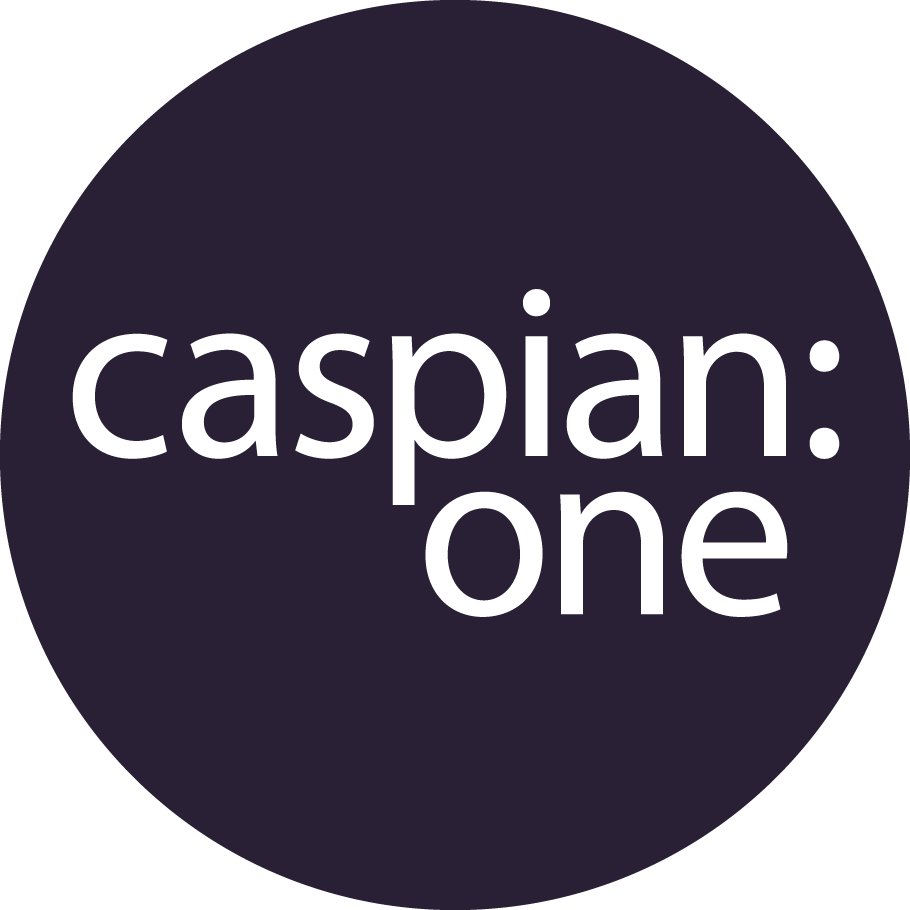PROMOTE INTERNALLY OR HIRE NEW?
It’s a question that plagues all Hiring Managers, Directors and owners at some point in a company’s growth - with the answer highly dependant on individual circumstances. Is it better to give Bob that promotion to Senior Project Manager he’s been so desperately hinting at for the last few months? - or is new blood required as a catalyst for change.
In today’s article we’re going to review the pros and cons of both options, with the aim of presenting you with the information to make the right hiring decisions.
Internal Hiring | Pros
Let’s start with the obvious. Hiring someone internally is generally cheaper and often a quicker process. If your goal is to keep costs down and urgency is the key driver, internal hiring could be the right option.
This comes down to two factors: 1. You’re not having to advertise the position externally, so marketing costs, job board fees, agency charges, are all essentially zero. Then 2. - you know your staff. You’re already aware of their cultural fit, attitudes, personal skill sets, even the number of times they visit the coffee machine daily… and as such, the interview process required is essentially nulled.
Then there’s the question of loyalty and trust. Hiring internally grants you the opportunity to develop people you already have a relationship with. Who you know and trust - or the business does at least! This recognition of internal capabilities may lead to a positive affect on staff morale and retention, with employees aware that their high performances will be rewarded.
So what’s the catch?
Internal Hiring | Cons
All the pros above have a dark side. Yes, costs may be reduced or removed entirely. And yes, hiring internally might be a faster process... but what effect does this have on quality and value? Just because Tim has been an incredible engineer for the past 3 years, doesn’t mean he’ll now be able to lead a team of engineers. Tim may cost less to promote but if he cannot perform as required, the long-term cost to the business could be significantly more.
The danger here relates to a presumptive bias towards Tim. you know the team likes him so it’s easy to presume they’ll support his promotion… but this could easily not be the case. Promoting internally may result in jealousy from other staff that weren’t selected, creating a negative, competitive knock-on effect that’s detrimental to staff retention.
The main ‘con’ of internal hiring? It’s limiting effect on business diversity. Simply moving the players on the board doesn’t help bring innovation of progressive thinking into your organisation. In fact you risk stunting growth with recycled ideas and a continued status-quo. Plus, filling one position just opens up a new vacancy when hiring internally - a domino effect that simply restarts the process.
“We have a culture of developing our staff internally to ensure that whatever the next career step maybe, they are fully prepared and supported to fulfil their new role to the best of their abilities. This then creates an opportunity for us to find new talent to join Caspian One and start their career growth with us. The vast majority of our employees have started as trainees. With the right support, culture and progression plans, all have grown both personally and professionally.”
- Peter Kiddle, Recruitment & Training Manager at Caspian One
External Hiring | Cons
Where to start. Recruiting with external agencies is more expensive. Advertising costs, recruiter fees, additional processes etc - they add up. The start to finish hiring process is typically longer, and it can often demand more of your time - what with recruiter calls, vacancy qualifications, CV screening, multiple interview stages and HR impacts.
Then, even once you’re past those stages the new hire still presents a variety of unknowns. Will they work well with the company culture? Do they actually have the skills presented on their CV? Will their personality blend in or rub everyone up the wrong way
Bringing in new people to any business always presents a risk.
External Hiring | Pros
Cost. This is an undeniably one of the most important decision making factors. Yet it all comes back to the question of value vs quality. I could buy a generic coffee at any high street cafe, and it’ll taste okay. Or I could visit a trained, experienced barista and have them pour me a latte made with premium Kenyan coffee beans, freshly ground that morning.
Either way I get coffee - so why is it I’d choose the barista over generic coffee, even though it’s more expensive? Quality vs value.
The ‘freshly ground coffee’ new hire may be a risk culturally, but their unique viewpoints, prior experiences, varied technical skills and abilities can all help revitalise your company and bring in fresh ideas that drive innovation.
The same argument is true for the hiring process. Yes, it’s longer and you have to invest more into its success - but by adding more levels of filtration to your hiring practices, you are vastly increasing the likelihood of finding the right people, drawn from a much, much larger pool of talent.
Internal or external, both options have their benefits and faults but the decision should always come back to circumstantial need at the time. If skills required are available internally, promotion could make perfect sense. If your company is growing and in-need of diverse thinking and rare skills - look to external support.

